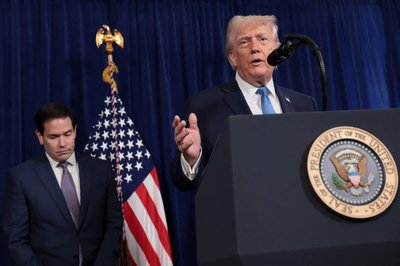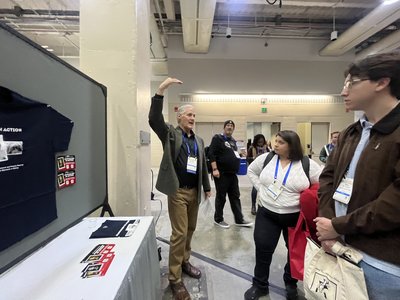Diane Ravitch is a historian of education, author and former assistant Secretary of education in President George H. W. Bush's administration. She's witnessed a changing education landscape from the push for standardized testing to school privatization and censorship, and in November 2022, she joined us to talk about privatization, CRT, school vouchers and more.
The event was part of NewsHour Classroom’s Educator Voice Zoom series and was attended by teachers and school staff from across the U.S. The series brings together educators to discuss important issues of the day and how they impact the classroom.
As with all NewsHour Classroom Zoom sessions, the educator audience played an active role in the conversation. You can watch the full session here , or watch key moments below.
Diane Ravitch didn't always have her current stance on public education. She was a member of conservative think tanks such as the Hoover Institution before a conference inspired her to rethink her stance on No Child Left Behind.
The group moved onto the topic of school privatization: What is it? How is it justified? And how is it related to segregation? Ravitch spoke on the issue from her perspective as a once-proponent and now opponent to privatization.
Ravitch brought the current CRT controversy into a wider historical context. "We have this long history of, public education is a road to freedom. It's a road to freeing yourself from your parents' prejudices. What these anti-CRT crusaders are doing, is to say 'You should have the same prejudices I have... You must not teach history accurately.'"
Dr. Josh Cowen is a Professor of Education Policy and former founding director and co-director of the Education Policy Innovation Collaborative (EPIC) . He joined the call to discuss school vouchers and report on some news for teachers in Michigan with the November midterm elections.
"Public education is a fundamental part of democracy." Ravitch spoke on the origin of "school choice" in the U.S. in order to understand how private and public schooling operate differently for students.
"How do we break through the anti-educator bias?" asked Melissa Murphy . Ravitch said that if teachers want a seat at the table when decisions about education are being made, the answer comes down to running for office and teacher unionization.
"There's no more important profession today than teaching."
Towards the end of the conversation, Ravitch emphasized the important (and often thankless) role that teachers serve in our society: "Just to have kids replicate what their parents know isn't good enough. You've got to learn more than your parents knew."
Fill out this form to share your thoughts on Classroom’s resources. Sign up for NewsHour Classroom’s ready-to-go Daily News Lessons delivered to your inbox each morning.




